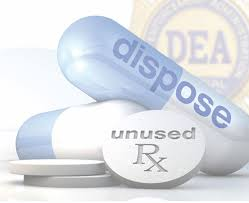smoking will die of smoking-related problems. Quitting smoking is important for your health and provides many benefits. Soon after you quit your circulation begins to improve and your blood pressure starts to return to normal. Your sense of smell and taste return and breathing starts to become easier. In the long term, giving up tobacco can help you live longer. Your risk of getting cancer decreases with each year you stay smoke-free.
There are many ways to quit smoking.
There are also resources to help you. Family members, friends, and co-workers
may be supportive. But to be successful, you must really want to quit.
Most people who have quit smoking
were unsuccessful at least once in the past. Try not to view past attempts to
quit as failures. See them as learning experiences. It is hard to stop smoking
or using smokeless tobacco. But anyone can do it.
Use these ideas to help you stay
committed to quitting:
·
Avoid temptation. Stay away from people and places that tempt you to smoke. Later on
you’ll be able to handle these with more confidence.
·
Change your habits. Switch to juices or water instead of alcohol or coffee. Take a
different route to work. Take a brisk walk instead of a coffee break.
·
Choose other things for your mouth: Use substitutes you can put in your mouth such as
sugarless gum or hard candy, raw vegetables such as carrot sticks, or sunflower
seeds.
·
Get active with your hands: Do something to reduce your stress. Exercise or do
something that keeps your hands busy, such as needlework or woodworking.
·
Breathe deeply:
When you were smoking, you breathed deeply as you inhaled the smoke. When the
urge strikes now, breathe deeply and picture your lungs filling with fresh,
clean air.
·
Delay: If
you feel that you are about to light up, hold off. Tell yourself you must wait
at least 10 minutes. Often this simple trick will allow you to move beyond the
strong urge to smoke.
Reward yourself. What you’re doing is
not easy, so you deserve a reward. Put the money you would have spent on
tobacco in a jar every day and then buy yourself a weekly treat or save the
money for a major purchase.
Quitline Iowa
You may also
refer a friend, a student, or family member to this service.
Quitline Iowa















